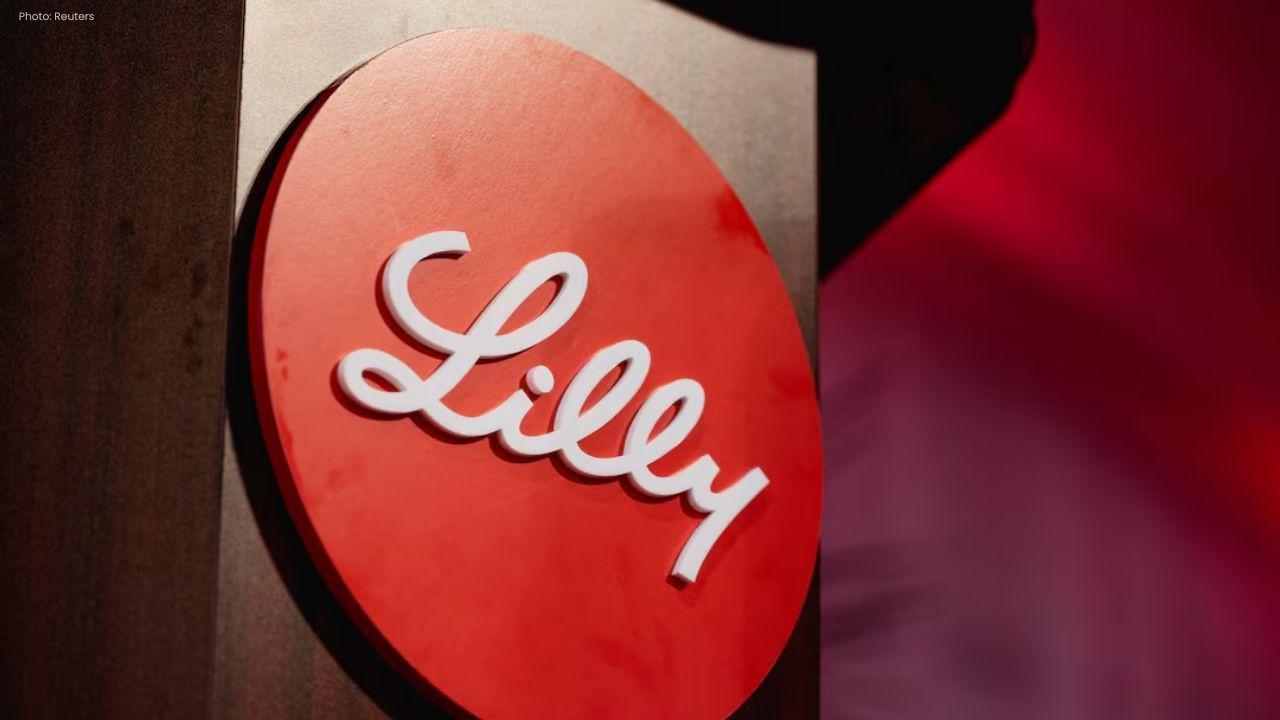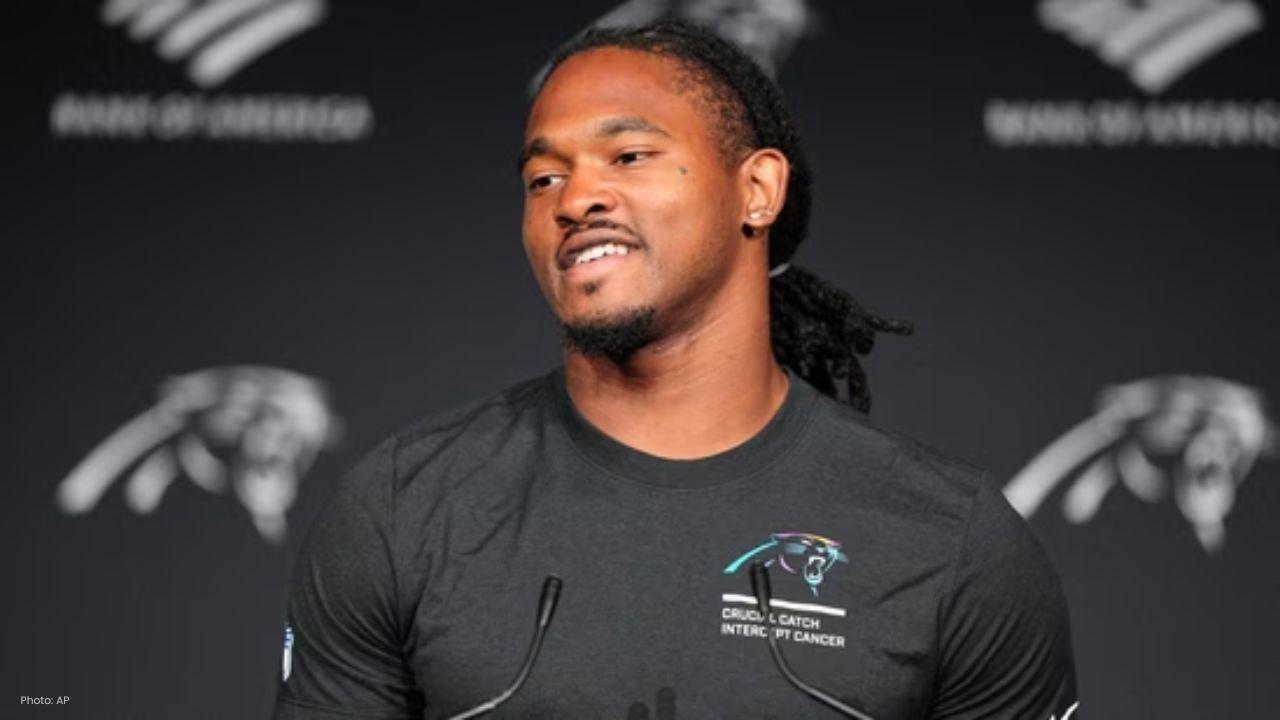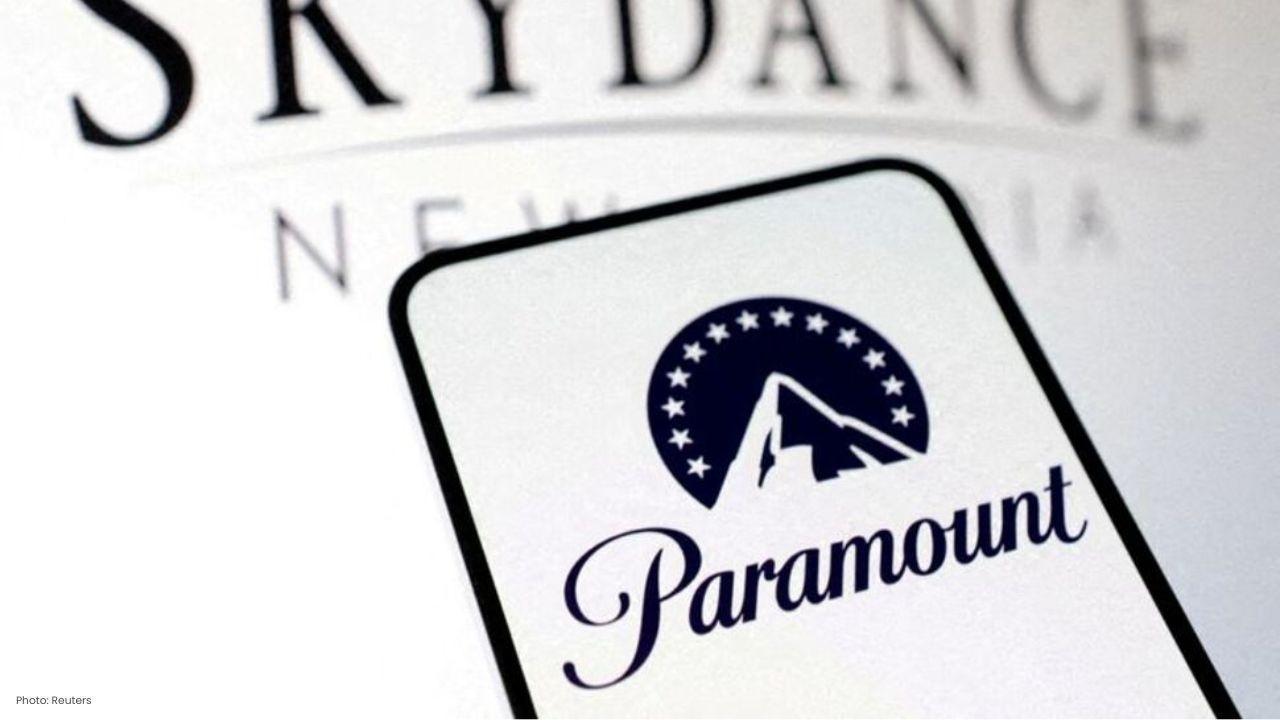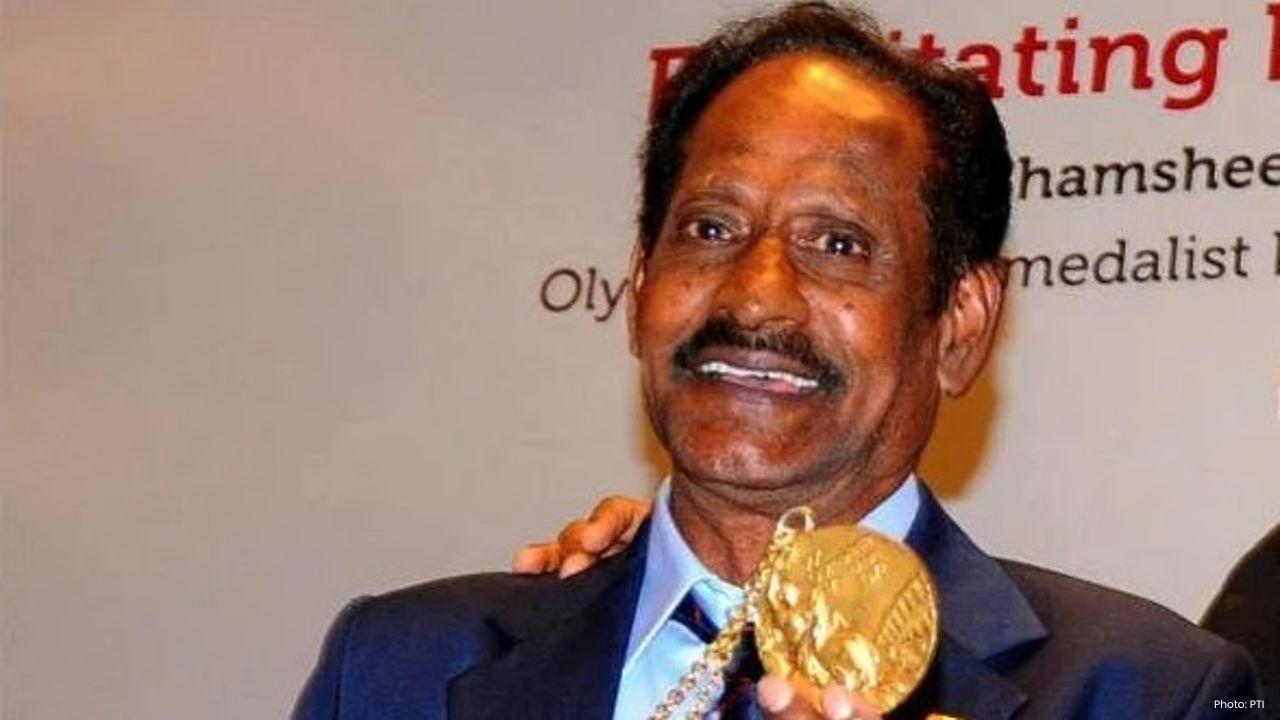
Join 10k+ people to get notified about new posts, news and tips.
Do not worry we don't spam!

Post by : Anis Farhan
In the past decade, social networks have shifted from casual creative outlets to near-ubiquitous fixtures of everyday life. From breakfast photos to late-night reflections, our online activity has come to mirror routine moments. As platforms matured—with tailored feeds, fast-moving trends, and perfected imagery—many users found the experience becoming more demanding than enjoyable. What was once leisurely sharing has evolved into sustained emotional effort.
Known as social media fatigue, this response isn’t a wholesale rejection of technology but a reaction to overuse. Beyond the nuisance of constant alerts, people report being emotionally taxed by the continual need to perform — to craft posts, respond promptly, and maintain an ideal image.
Recent polls show a growing number of people stepping back digitally, with younger users notably leading the change. Paradoxically, the generation that helped build the influencer economy is now experimenting with retreat, not out of opposition to platforms but out of resistance to inauthenticity.
The pressure to be perpetually reachable has blurred the line between public and private life. Instant replies and continual visibility have created a sense of digital obligation that wears on attention and well-being.
This nonstop engagement imposes an unseen mental tax. Decisions accumulate: how to caption a post, which hashtags to use, whether a reaction is necessary. Over time, those small choices lead to decision fatigue, dampening enjoyment and heightening stress.
Many also describe a hollow feeling after prolonged scrolling—high interaction does not always equal deeper connection. When social ties hinge on metrics rather than real exchange, validation becomes transactional and relationships can feel shallow.
The turn toward authenticity has been gradual. People noticed a mismatch between their online personas and daily realities and began to prioritize genuine expression over curated facades.
Content that feels spontaneous and honest — from imperfect snapshots to candid discussions — is increasingly resonating. The emphasis is shifting from glossy presentation to meaningful storytelling. Audiences now respond more to relatable narratives than to flawless visuals.
Creators are reflecting this change as well. Many discuss the toll of sustaining an idealised image and increasingly share candid reflections on stress, insecurity, and real-life struggles. The result is a cultural recalibration where vulnerability carries influence.
Linked to fatigue is a growing practice of digital minimalism—using devices with intention rather than habit. People are treating phones and apps as purposeful tools instead of constant companions.
Practitioners remove superfluous apps, tighten their follow lists, and set boundaries around screen time. Rather than following hundreds of accounts, they focus on a smaller number that provide value, preferring depth to distraction.
This shift echoes wider minimalism trends across design, consumption, and living spaces: simplicity is increasingly prized, and the aim is not to flee the online world but to manage it deliberately.
Being offline is acquiring symbolic worth. People are rediscovering tactile, analogue pursuits—reading physical books, keeping journals, attending local workshops, or simply spending time outdoors without documenting every moment. Some cafés advertise limited or no Wi-Fi to encourage in-person interaction.
Among urban youth especially, weekend routines now include markets, creative sessions, and short retreats rather than endless feed consumption. Choosing to be unavailable is reframed as self-care rather than social neglect.
Brands are noticing and adapting, offering “unplugged” experiences, mindfulness-oriented products, and campaigns that foreground balance. Authenticity is moving from a personal aspiration to a commercial touchstone.
Social media fatigue has identifiable psychological drivers. The reward mechanisms that deliver likes, comments, and shares create a feedback loop that can foster dependence: approval becomes desirable, and its absence can harm self-esteem.
That variable reinforcement has similarities to addictive behaviours, producing emotional highs followed by low points. Research links heavy social network use to increased anxiety, depressive symptoms, and loneliness, particularly among younger cohorts.
Repeated exposure to curated highlight reels distorts perspective. Even when users intellectually recognise that content is selective, subconscious comparison persists, leading to chronic dissatisfaction despite otherwise stable lives.
Social networks are responding to these shifts by experimenting with features that encourage authenticity: unedited formats, ephemeral sharing, closed circles, and apps that promote candid posting. Tools that increase transparency about feeds are gaining attention as users seek greater control over what they see.
Creators who prioritise candid, value-driven posts often build more sustainable audience relationships. The metrics of success are moving from fleeting virality to sustained engagement and trust.
For marketers, the fatigue trend is both a challenge and an opening. Aspirational campaigns that ignore realism risk appearing disconnected. Consumers now favour brands that display humility, empathy, and openness.
Companies are responding with human-centred storytelling, spotlighting employees, sharing processes, and owning up to missteps publicly. Partnerships with micro-influencers are increasingly preferred because their endorsements feel more authentic and relatable.
While earlier generations mainstreamed social platforms, Gen Z is reshaping expectations around usage. Growing up with algorithms, they are particularly attuned to the downsides of constant exposure and are leading initiatives like digital breaks and no-filter campaigns.
They foreground mental health, candid identity conversations, and genuine connection over curated popularity. Rather than abandoning platforms, they are experimenting with new norms for how to engage with them.
The most effective antidote to fatigue is not total disengagement but intentional recalibration. People are learning to find fulfilment in unrecorded moments: unscripted laughter, face-to-face talks, and private creativity.
Reducing the impulse to document everything restores presence, nurtures relationships, and allows personal reflection to flourish. Authenticity emerges when participation replaces performance.
Scheduled Detoxes: Designating daily or weekly screen-free periods to re-focus attention.
Selective Following: Trimming feeds to remove accounts that trigger negative comparison and prioritise inspiring content.
Private Journaling: Choosing introspection over public validation through personal writing.
Real Conversations: Opting for calls or in-person meetings instead of reactive online exchanges.
Mindful Posting: Pausing to consider the motive behind sharing before publishing.
Offline Hobbies: Pursuing activities like music, art, cooking, or exercise for intrinsic satisfaction, not likes.
Digital Boundaries: Using settings like muted notifications or Do Not Disturb to protect attention.
Purposeful Sharing: Treating social channels as spaces for storytelling rather than scorekeeping.
These approaches don’t reject tools; they aim to restore human priorities to digital use.
Rather than a collective retreat from social networks, what we are seeing is a shift in intention. People are reconsidering how, why, and when they engage online. The fatigue many felt is prompting a reassessment of attention as a finite resource, and authenticity as a crucial currency.
Over time, social platforms may evolve to favour emotional well-being and meaningful exchange over constant broadcasting. The current discomfort could be an early stage of a healthier digital culture.
As online ecosystems mature, authenticity is likely to become central to lasting influence. Platforms, creators, and brands may increasingly prioritise connection quality rather than raw reach.
Ultimately, authenticity is an ongoing practice: showing up honestly online and offline. The fatigue many experience now may be the growing pains of a generation finding its way back to what it means to be truly present.
This article is intended for informational and editorial purposes only. It explores cultural and psychological trends related to social media use and does not provide clinical advice. Individuals experiencing severe digital burnout or mental health concerns should consult a professional.










Paramount+ to Stream PBR’s 'Unleash the Beast' in New Five-Year Deal
Paramount+ will stream PBR’s 'Unleash the Beast' across the U.S. starting this December under a five

Zohran Mamdani Clinches NYC Mayoral Seat as Victory Speech Blends Politics and Bollywood
Zohran Mamdani won New York City's mayoral race, becoming the city's first Muslim and South Asian ma

India Wins First Women’s World Cup 2025 Title
India lifts its maiden Women’s World Cup 2025 title! Harmanpreet Kaur’s team stuns South Africa in a

Manuel Frederick, 1972 Olympic Bronze Goalkeeper, Dies at 78
Manuel Frederick, a member of India’s 1972 Olympic bronze hockey team, has died in Bengaluru at 78 a

Muhammad Hamza Raja Wins IFBB Pro Card Puts Pakistan & UAE on Global Stage
Pakistani bodybuilder Muhammad Hamza Raja earns IFBB Pro Card in Czech Republic, showcasing Dubai’s

Shreyas Iyer’s Recovery Underway After Spleen Laceration in Sydney ODI
Shreyas Iyer is recovering after a spleen laceration sustained while taking a catch in the Sydney OD